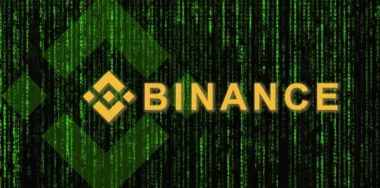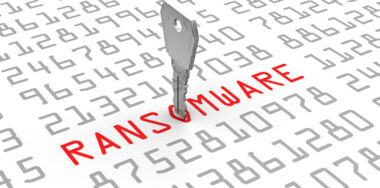| Getting your Trinity Audio player ready... |
Russia could become the latest jurisdiction to establish regulatory sandboxes for companies building distributed ledger technologies (DLT) solutions. This is after the country’s Prime Minister Mikhail Vladimirovich Mishustin submitted a bill to parliament detailing a plan to boost emerging technologies such as artificial intelligence and DLT.
The bill identifies eight industries that will benefit the most once the government supports the growth of emerging technology. These are public services, education, medicine, transport, online commerce, construction, distant learning and financial markets.
It went into detail about how each of these industries can benefit from new technology. The transport industry, for instance, will have the freedom to develop unmanned vehicles, a sector that has so far been stifled by unfriendly regulations. The health industry will be able to delve into telemedicine, allowing doctors to make preliminary diagnoses and prescribe treatment remotely.
Blockchain and digital currencies will benefit greatly if the bill is passed, the Ministry of Economy revealed. According to a report by Russian newspaper Izvestia, the Ministry explained that the bill will introduce a number of exemptions to the existing financial laws for companies in the sandbox. These include exemptions from mandatory requirements for financial institutions such as the minimum capital in reserve. These companies will thus be able to experiment on blockchain and digital currency solutions.
The bill should have been passed by now, but there are concerns about the amount of power it bestows on the executive arm of the government. This is according to Olga Shepeleva, an expert at the Center for Strategic Research, a think tank based in Moscow that played a key part in drafting the bill.
The Bank of Russia will supervise all the companies in the sandbox that will be dealing in digital currencies and other types of fintech. The regulator has in the past blown hot and cold in regards to digital currencies and declined to reveal whether it supports the bill. Granted, it has conducted a regulatory sandbox which included blockchain companies. However, it mostly focused on the technical side, with most businesses not getting the chance to try out their technology on real clients, Shepeleva told Coindesk. The new sandboxes will connect real clients with the companies, he clarified.
Just a week ago, the state of Hawaii in the U.S. launched a regulatory sandbox for digital currencies, a turnaround from its tough stance against the industry. The French financial markets regulator also urged the European Union to build sandboxes for digital currency operators or risk falling behind rivals.
New to blockchain? Check out CoinGeek’s Blockchain for Beginners section, the ultimate resource guide to learn more about blockchain technology.








